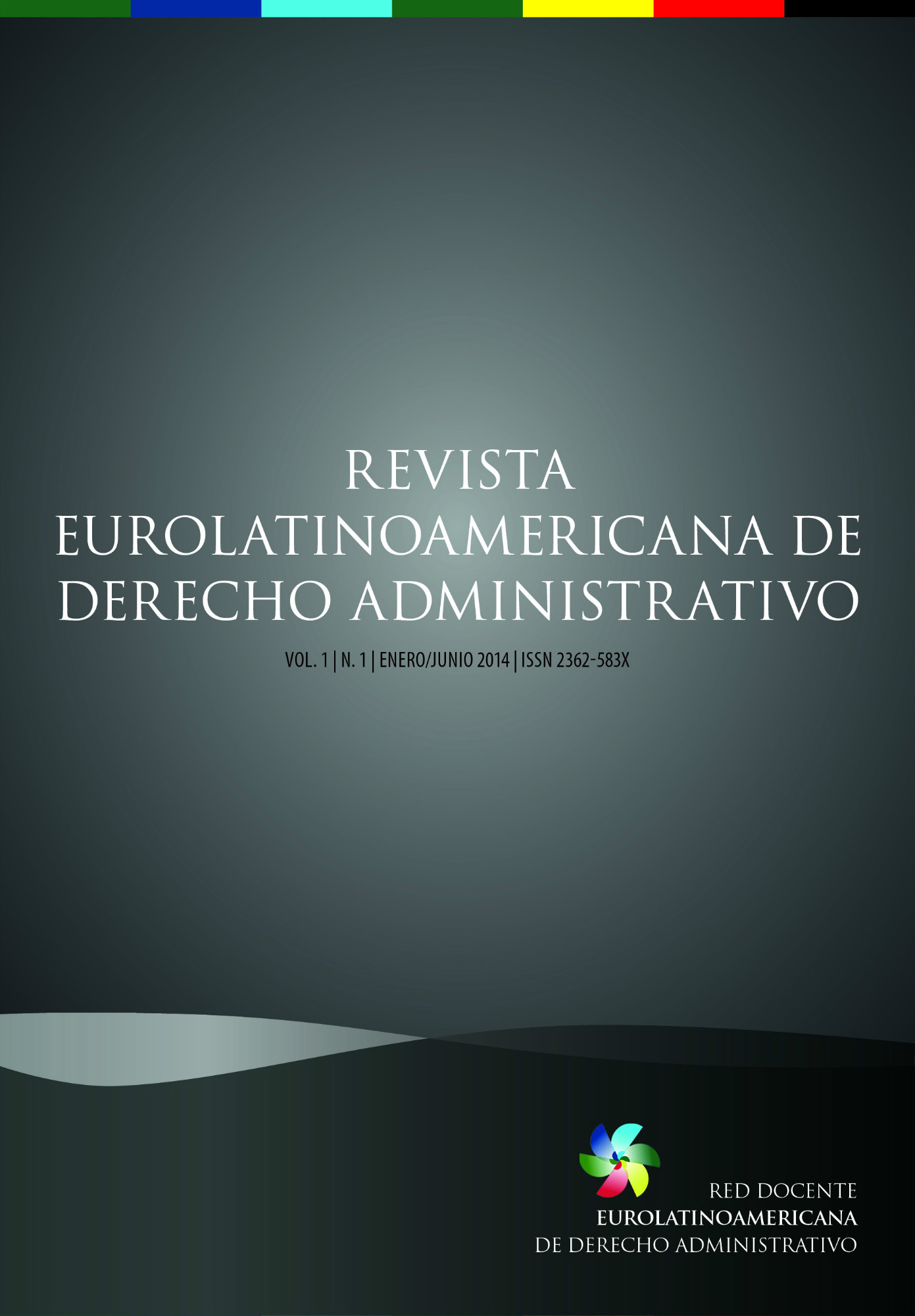The access to decent housing: guiding principle of public policy social inclusion and soil management
DOI:
https://doi.org/10.14409/rr.v1i1.4606Keywords:
vivienda digna, acceso a la vivienda, derecho humano, derecho a la ciudad, tratados internacionales, instrumentos de gestión urbana, programas de acceso a la vivienda.Abstract
The importance of the right to housing, with its close links with other fundamental rights and private and public goods, explains its wide recognition in modern law and the evolution of the legal treatment given to it in the past millennia, "enjoy decent and adequate housing ", regardless of the legal title under which you access the use of that (ownership, lease, loan, possession, formally or precarious tenure thereof, etc.). This approach of "adequate housing" neglects its conception as sole object of private law and becomes a social good, which requires public policies for social and environmental nature involving all sectors of the population, regardless of their financial resources; making the "adequate housing" the guiding principle of public policies for social inclusion and land management. This implies that regulation of the dwelling in order to define the right to housing is centered not in the process of urbanization and building of cities, but I expanded his gaze towards the worthy and proper enjoyment of the dwelling, understanding of habitability , utilities, environment, access to natural and common resources, health, education, recreation, civic participation etc.
Downloads
Published
How to Cite
Issue
Section
License
Authors who publish in this Journal agree to the following terms:
- Authors retain copyright and grant the Journal of Constitutional Research the right of first publication with the article simultaneously licensed under the Creative Commons - Attribution 4.0 International which allows sharing the work with recognition of the authors and its initial publication in this Journal.
- Authors are able to take on additional contracts separately, for non-exclusive distribution of the version of the paper published in this Journal (eg.: publishing in institutional repository or as a book), with a recognition of its initial publication in this Journal.
- Authors are allowed and encouraged to publish their work online (eg.: in institutional repositories or on their personal website) at any point before or during the submission process, as it can lead to productive exchanges, as well as increase the impact and the citation of the published work (see the Effect of Open Access).



























.png)





